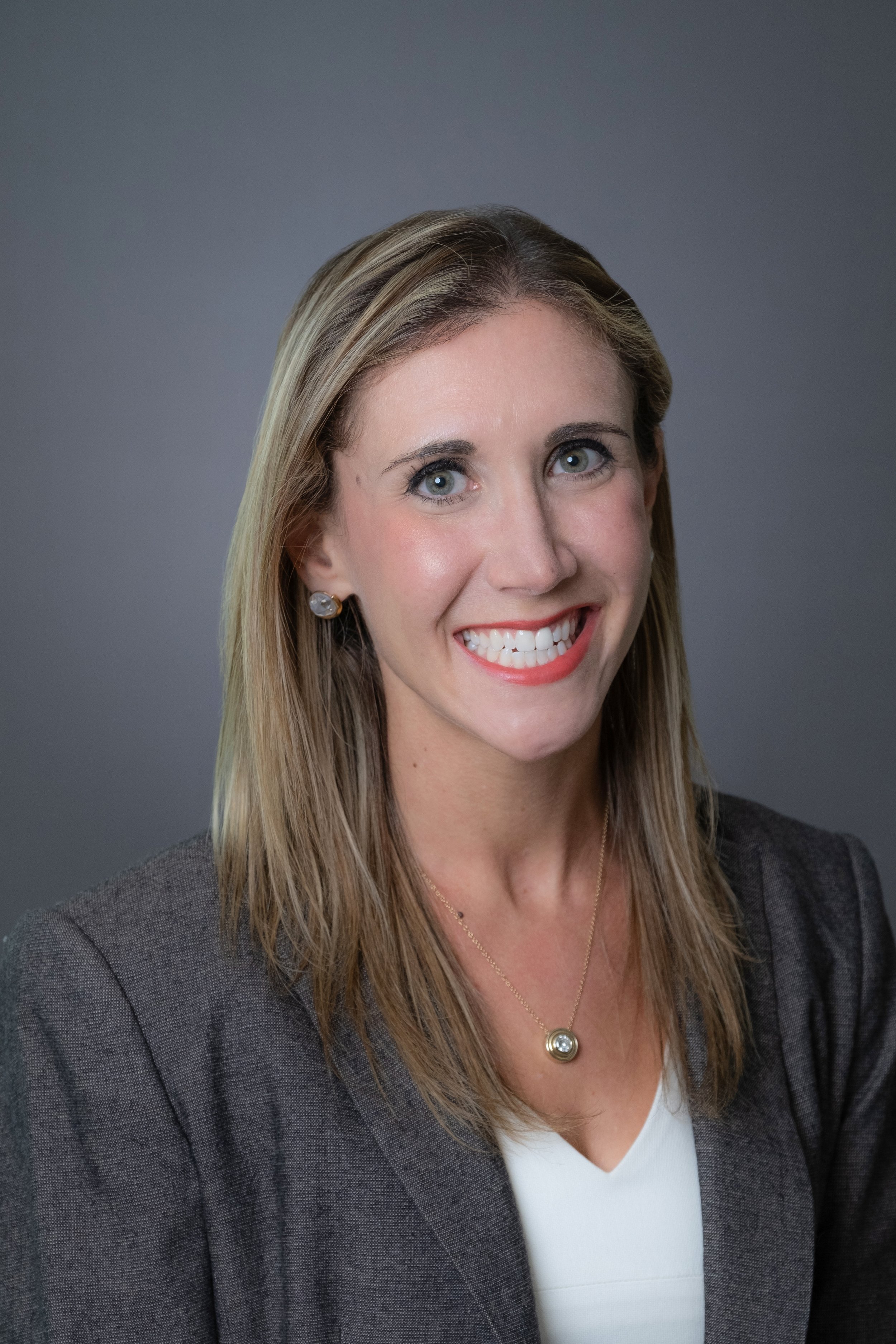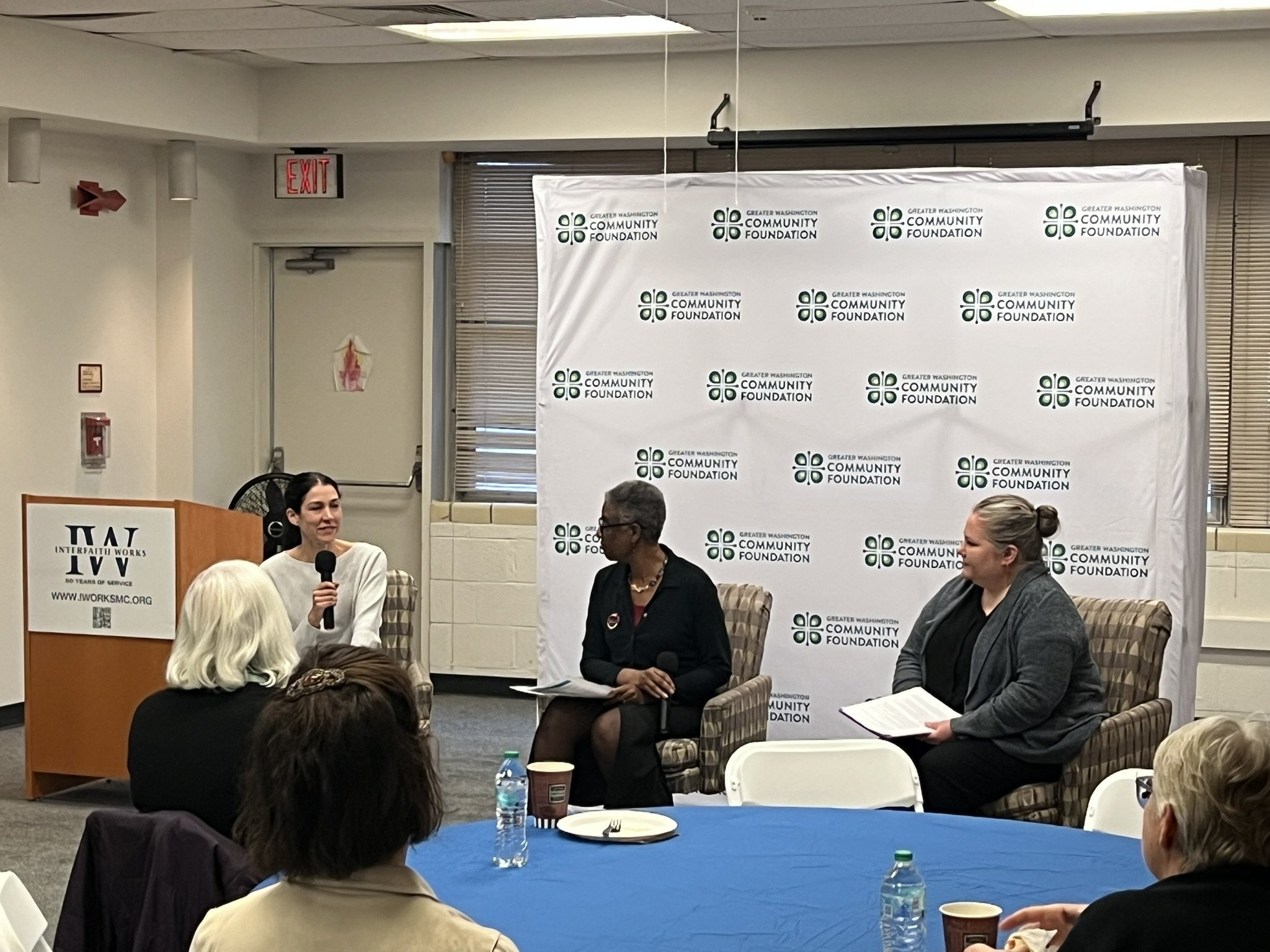Dear Mayor Bowser,
I am writing on behalf of the Greater Washington Community Foundation and its Partnership to End Homelessness Leadership Council to offer our recommendations on DC’s Fiscal Year 2026 budget.
As you know, the Partnership to End Homelessness brings together a diverse coalition of leaders from the private, public, nonprofit, and philanthropic sectors. Together, we work to ensure everyone has housing they can afford because we know that when our city is welcoming, our businesses do better, and that solving homelessness makes business sense. We are grateful for your administration’s long-standing commitment to investing in solutions to end homelessness and look forward to partnering to increase housing stability in our city.
Your leadership is needed now more than ever. Despite several years of progress toward our shared goal to end homelessness in DC, we are facing new challenges. Post-pandemic economic pressures have led to increased homelessness in our city. More residents are at risk of becoming newly homeless; according to the Community Foundation’s 2024 Voices of the Community Survey conducted in partnership with Gallup, 17% of DC residents have experienced times in the past twelve months when they did not have enough money for adequate housing. New Federal administration priorities further threaten investments in housing and supportive services and put even more of our neighbors at risk of becoming homeless.
We know that the city has financial challenges and that the District must make tough choices this year. But we also know that a budget tells a story about what we value most. In DC, we value our resilience, strength, and unity during hard times. We care about creating a thriving city that works for every resident. We have the solutions to prevent and end homelessness – and under your leadership, the District has shown that it can make progress by putting resources behind these solutions. We urge you to invest the necessary resources to continue making progress.
Our FY 2026 budget recommendations align with the recommendations of our community partners:
Fund 1,260 new Permanent Supportive Housing (PSH) vouchers for individuals annually for three years and 764 new PSH vouchers for families.
Allocate $6.5 million to the Coordinated Street Outreach Network to help unsheltered residents meet their basic needs and move into housing, if housing is available.
Allocate $17.3 million to the Local Rent Supplement Program to improve housing affordability for residents and families with extremely low incomes. This would create 800 new housing vouchers, improving housing affordability for those with extremely low incomes.
Allocate $100 million to the Housing Production Trust Fund (HPTF) and allocate $5 million for flexible capital. To ensure that preservation projects have a path to becoming safe, affordable, high-quality housing, the District should set aside 25 percent of the HPTF for preservation. Flexible capital would support carrying costs, gap financing, and other up-front costs required for preserving affordable housing.
Ensure there are at least 100 medical respite beds for individuals experiencing homelessness. This would be a critical step in expanding to meet the need for medical respite beds, which offer a safe place for people who are unhoused to recover from surgery and illness or to learn to manage a chronic condition.
Create a flexible funding program at the Department of Human Services to cover one-time move-in expenses for residents receiving a voucher or RRH.
Restore $540,000 to DC Flex to create an additional 75 slots for individuals and improve rent affordability for working households. This would restore FY 2025 funding cuts so that 100 individuals, up from 25 individuals, can participate in DC Flex, as originally planned.
Increase the Personal Needs Allowance (PNA) to improve living standards for residents who were chronically unhoused and now call DC’s first assisted living facility home. Improve the facility’s Medicaid tenants’ ability to purchase essentials like hygiene products and clothing by increasing the monthly PNA floor, which is capped at $130, and indexing it to inflation. This would likely boost participation in the program, which is currently undersubscribed.
We must not let the District’s finances this year result in long-term harm to our neighbors and our community. Stable and affordable housing is the key to creating healthy communities, which in turn supports businesses, school success, reduces crime, and ensures economic mobility for all.
Thank you again for your leadership and commitment to our city. We look forward to continuing to partner with your administration on lasting solutions to end homelessness and create stable and affordable housing for all.
Sincerely,
Tonia Wellons
President & CEO
Greater Washington Community Foundation





























































